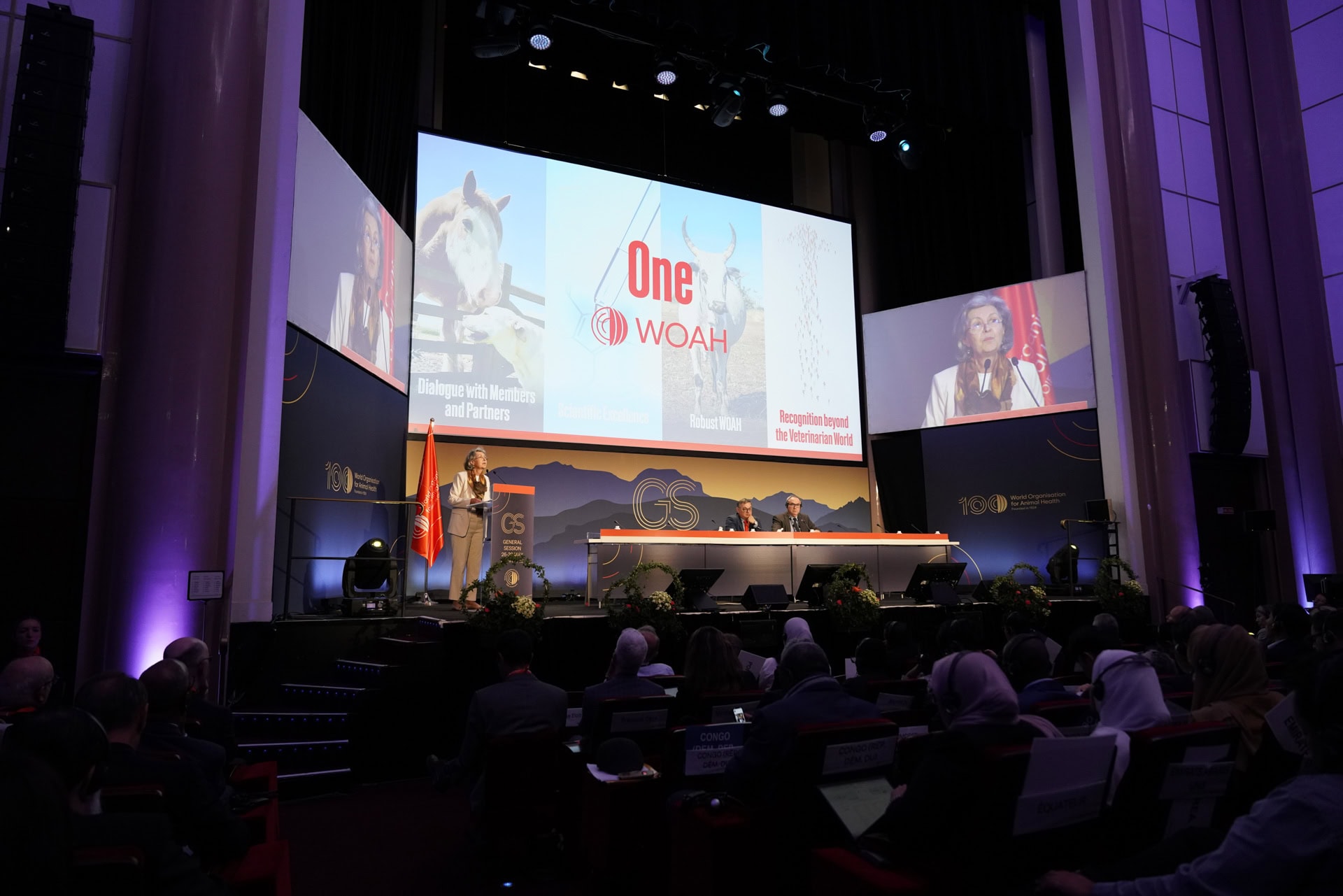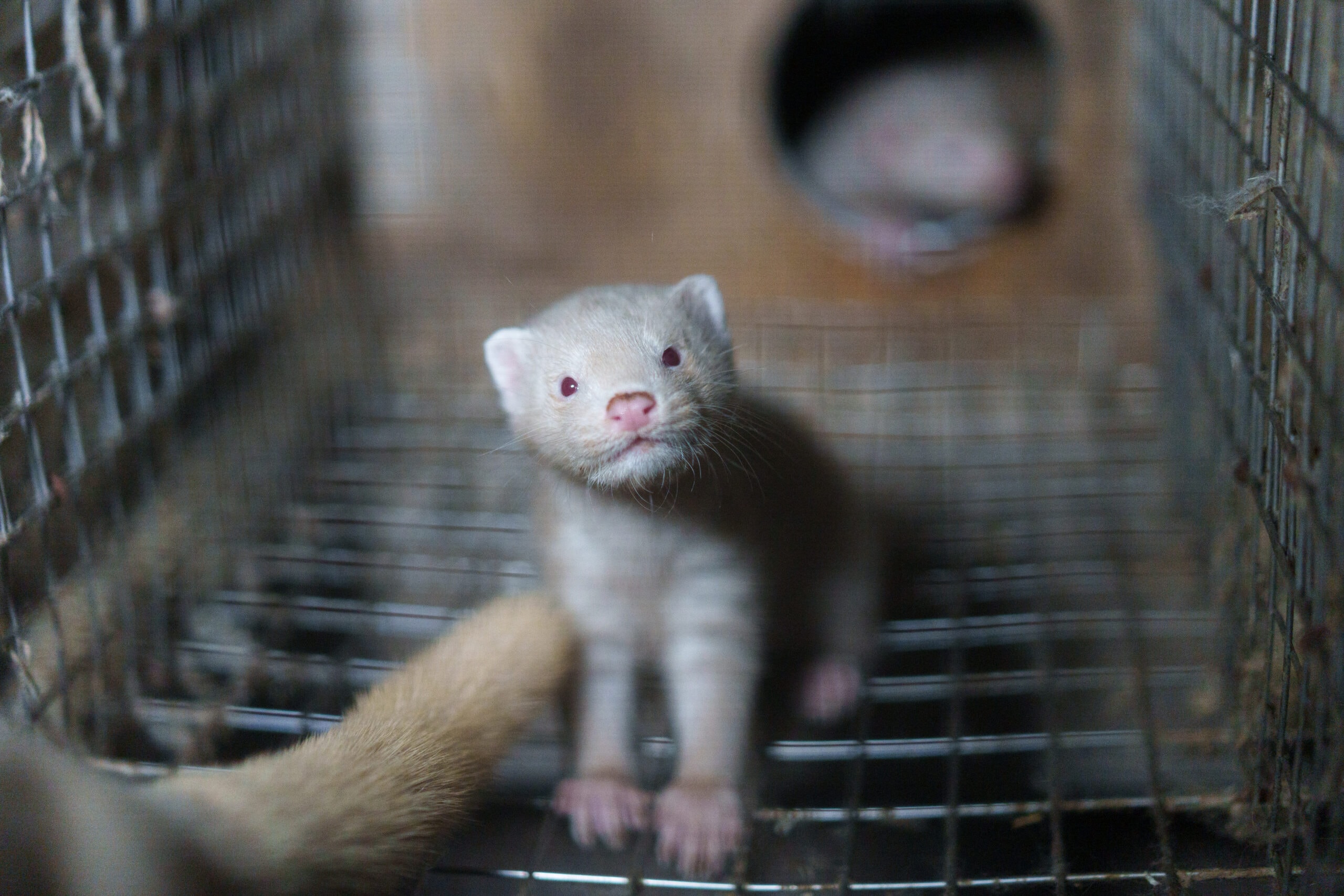On 1st December 2021, the World Health Assembly decided to establish an Intergovernmental Negotiating Body under the World Health Organization (WHO) to draft and negotiate an international instrument strengthening pandemic prevention, preparedness, and response. The first draft of the Instrument is expected to be completed by August 2022.
The World Federation for Animals, FOUR PAWS, Eurogroup for Animals, Born Free, and Phoenix Zones Initiative, together with other experts, have prepared a joint position on the One Health approach and the Pandemics Instrument.
This new Instrument has significant potential to transform the way we address health crises, especially emerging infectious disease risks, for decades to come. Governments must seize this opportunity to create the first multilateral agreement with One Health at its core and bring forward measures to tackle the root causes of pathogen emergence and spillover at source.
A One Health approach must underlie the Instrument
The One Health High Level Expert Panel’s (OHHLEP) defines One Health as “an integrated, unifying approach that aims to sustainably balance and optimize the health of people, animals, and ecosystems. It recognizes that the health of humans, domestic and wild animals, plants, and the wider environment (including ecosystems) are closely linked and inter-dependent.”
This approach is critical to ensuring that the Pandemics Instrument facilitates comprehensive collaboration and coordination at the environment-animal-human interface. In particular, the Instrument needs to acknowledge the interconnections and interdependencies between the health of humans, animals, plants, ecosystems and the wider environment; promote collaboration and involvement of multidisciplinary stakeholders; not arbitrarily prioritise the public health of (some) humans or their environment over the health and wellbeing of animals; focus on well-being; and tackle root causes such as land-use changes, agricultural expansion, livestock farming intensification, exploitation and trade in wildlife, and consumption patterns.
For the Instrument to be truly effective, it must also reflect the One Health foundational principles, including
- Inclusion of all sectors and disciplines that aim to improve the health and wellbeing of humans, animals and the environment, including civil society, non-exploitative business sectors and government departments.
- Engagement of communities and marginalised voices, including NGOs and people who “represent” animal communities, and Indigenous peoples with positive harmonious relationships with animals and the environment.
- Recognition that animals and ecosystems have intrinsic (as well as instrumental) value, in themselves and in communities and relationships.
- Acknowledgement of our responsibility as individuals, civil society, businesses, governments, and international organisations to change behaviour and adopt sustainable solutions that recognise the importance of animal welfare.
Further, the WHO works closely with the Food and Agriculture Organisation (FAO), the World Organisation for Animal Health (OIE), and the United Nations Environment Programme (UNEP), as the Quadripartite promoting multi-sectoral responses to public health threats at the human-animal-ecosystem interface. They also provide technical guidance on how to reduce these risks. These bodies should have a formalised involvement in the shaping and implementation of the Pandemics Instrument.
Causes of pandemics and other health emergencies must be addressed
Lastly, the Instrument needs to address the systems and structures that fuel disease emergence and contagion, recognise the costs that result from those systems, and commit to the changes required to transform societal and economic approaches. This will require us to challenge inertia and resistance, and sometimes convention.
The One Health High Level Expert Panel acknowledges the importance of prevention and explicitly “seeks to identify the up-stream drivers of zoonotic spill-over and how to mitigate these to prevent disease emergence from occurring in the first place.” To achieve this, the application of One Health needs to be preventive and transformational, including in the Pandemics Instrument.
In this respect, the Instrument should include a “primary” prevention approach to reduce the risks of the emergence, spillover and spread of pathogens within and between species by:
- limiting disease in animals, by ensuring animals are able to cope with pathogens and reducing the spread of disease within and between animal species, and
- reducing the impacts on animals, and their physiological and behavioural responses, that promote the spread of disease to humans through contact or consumption.
Given the many crises our current systems have caused, any genuine One Health approach underlying the Instrument must necessarily be transformational, with paradigm shifts in potential root causes such as existing food systems and the intensification of animal agriculture, wildlife trade and habitat destruction, and their socioeconomic and political drivers.
What’s next
The Intergovernmental Negotiating Body drafting the Pandemics Instrument has requested inputs on the substantive elements of the Instrument, before providing Member States with an outline for their consideration. Based on the full position paper, WFA and members will be engaging in these discussions to ensure that the Pandemics Instrument is a transformative, preventive, and holistic effort, acknowledging all interconnections between human, animal and environmental health and wellbeing, and aiming for the highest possible health and wellbeing for all.
Photo: Andrea Lightfoot





